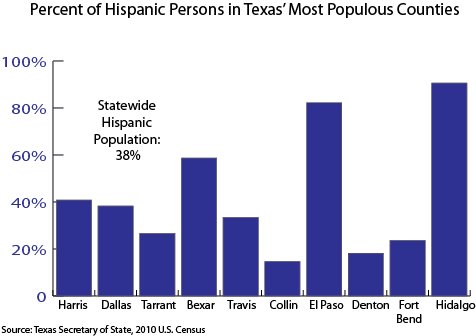In early May, Florida officials suggested that as many as 180,000 potential non-citizens could be on the state’s voter rolls.
The estimate gained publicity for Gov. Rick Scott’s effort to eliminate illegally registered voters, but the list was thereafter slimmed to 2,700 and made public.
The list of 2,700 later turned up many false positives, with frustrated voters wondering why they were targeted. More than 100 on the list were, however, non-citizens, according to Florida Secretary of State Ken Detzner.
But with the list’s accuracy questioned, the larger list of 180,000 has not been released, despite repeated public records requests from news organizations.
Courtney Heidelberg, communications director at the Department of Highway Safety and Motor Vehicles (DHSMV), said in an email that the Department of State submitted to them a list of voters, her agency provided the citizenship status for each and sent the matched list of 180,000 back to the Department of State.
But the department will not release it, and the state attorney general’s office does not have a copy, nor does the governor’s office. And the Department of Highway Safety and Motor Vehicles, the original custodian of records, will not release it.
“Please be advised that DHSMV is not authorized to release information protected by the Driver Privacy Protection Act,” Heidelberg said.
Chris Cate, spokesman for Detzner, said his agency is still reviewing the 180,000 names and will make them available if he and other officials deem it a public record.
By Ethan Magoc, News21


